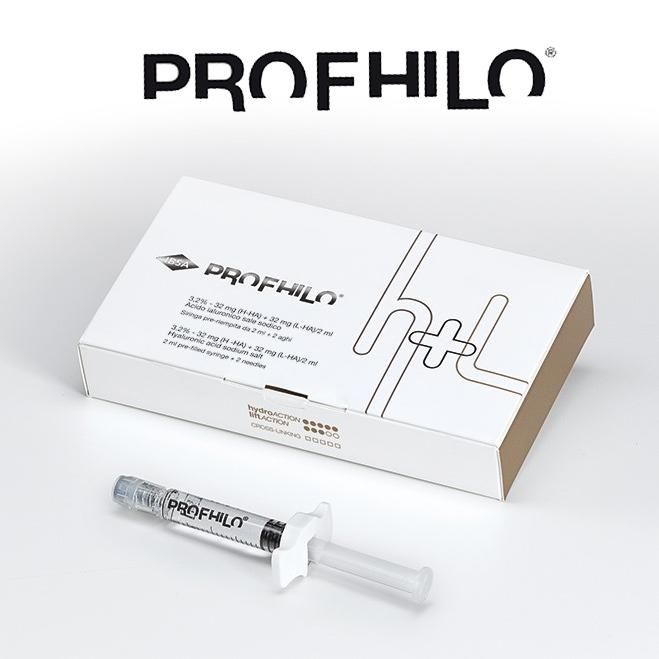Vitamin B12 & C Injections

Vitamin B12 Injections
Vitamin supplements are very popular.
People often believe they’ll act as a safety net and help to ensure adequate nutrient intake.
Supplementing with vitamin B12 is particularly common, because deficiency is widespread.
In fact, many people regularly get injections with vitamin B12.
These are claimed to help with energy levels, brain function and weight loss, to name a few.
This article reviews B12 injections and whether they are something you should consider.
What is Vitamin B12 and What Does it Do?
Vitamin B12 is a water-soluble vitamin, also known as cobalamin.
It plays a vital role in brain function and the production of DNA and red blood cells.
Chemically, vitamin B12 can exist in a number of different forms, but all of them contain the mineral cobalt.
The vitamin can be stored in the liver for a long time, so it may take a few years for a deficiency to develop.
BOTTOM LINE:
Vitamin B12 is a water-soluble vitamin that plays an important role in brain function and red blood cell production.
Many People Are Deficient
The recommended daily intake (RDI) of vitamin B12 is 6 micrograms per day.
Deficiency is common, especially in people who follow a vegetarian or vegan diet.
In fact, it’s thought that up to 90% of people following these diets have a deficiency.
This is because B12 is only found naturally in animal foods.
However, vegans and vegetarians are not the only ones who are deficient. Even some meat eaters don’t absorb it very well.
Unlike other vitamins, the absorption of vitamin B12 depends on a protein produced in your stomach, called intrinsic factor.
Intrinsic factor binds to vitamin B12, so that you can absorb it into the blood. People who don’t produce enough intrinsic factor can become deficient.
Deficiency is particularly common in elderly people, because the ability to absorb vitamin B12 can decrease with age.
Other people at risk of deficiency include those who have had intestinal surgery, including weight loss surgery. Those with diseases that affect the gut, such as Crohn’s disease or celiac disease, are also at risk.
BOTTOM LINE:
Those at greatest risk of vitamin B12 deficiency are vegans and vegetarians, who get little to no B12 from the diet. Deficiency can also be caused by poor absorption.
Vitamin C Injections
Vitamin C is an essential nutrient in our diet. It has many important roles our body’s immune function, including:
- wound healing
- preventing damage to cells
- building collagen
- producing chemical messengers called neurotransmitters
Vitamin C can be found in many healthy foods, especially:
- citrus fruits and juice
- red and green peppers
- broccoli
- strawberries
- Brussels sprouts
Purpose of vitamin C injections
Many people take vitamin C for general health or to boost their immune system. It’s also taken to treat vitamin C deficiency.
Vitamin C deficiency can lead to scurvy. Characteristic symptoms of vitamin C deficiency include:
- swollen and bleeding gums
- fatigue
- poor wound healing
- joint pain
- loose teeth
- colored spots on the skin
In some cases, signs of scurvy can occur within a month of consuming less than 10 milligrams (mg) per day of vitamin C.
Today, scurvy is rare in developed countries. It’s most likely to occur in people who:
- smoke
- consume a limited variety of food
- have nutrient absorption problems
Vitamin C injections are approved by the U.S. Food and Drug Administration (FDA) for treating vitamin C deficiency. They’re also approved for helping to treat serious wounds from trauma or burns.
However, vitamin C injections are typically only used when vitamin C levels need to be increased quickly or when oral supplements can’t be taken due to poor absorption or other reasons.
Off-label use
Vitamin C injections are sometimes used off-label for other conditions, including:
- cancer
- general health
- immune function
- weight loss
Off-label drug use means that a drug that’s been approved by the FDA for one purpose is used for a different purpose that has not been approved. However, a doctor can still use the drug for that purpose. This is because the FDA regulates the testing and approval of drugs, but not how doctors use drugs to treat their patients. So your doctor can prescribe a drug however they think is best for your care.
Cancer
As early as the 1970s, some researchers were suggesting that using high doses of intravenous vitamin C along with cancer drugs could improve treatment of cancer. Intravenous vitamin C can produce very high levels of vitamin C in the body. Researchers believe that these high vitamin C levels can be toxic to cancer cells without harming the healthy cells of the body.
Some researchers also believe that vitamin C might be able to reduce the side effects of cancer drugs.
However, the potential benefits of intravenous vitamin C in cancer treatment remains controversial. In a systematic review, researchers found inadequate evidence to determine if intravenous vitamin C was beneficial for cancer treatment.
General health and immune function
Some people receive vitamin C injections for general health or to boost immune function and for convenience. The injection means they don’t have to remember to take a supplement pill each day.
It’s true that vitamin C has an important function in the body, but it’s controversial whether taking additional vitamin C — orally or by injection — offers any advantage for people who consume adequate vitamin C in their diet.
The research is inconclusive regarding whether vitamin C reduces the chance of developing cancer, prevents heart disease, prevents eye disease such as macular degeneration, or prevents the common cold.
Weight loss
Vitamin C injection is sometimes used for weight loss. Some suggests that people who don’t have adequate vitamin C intake aren’t able to burn fat very well.
This means that it’s important to ensure adequate intake of vitamin C. However, there is no scientific research showing that taking vitamin C supplements orally or vitamin C injections causes weight loss.
Side effects of treatment
Vitamin C injections are safe when used for FDA-approved reasons at typical doses. The most common side effects are pain and swelling at the injection site.
Very high doses of vitamin C injections also seem to have few side effects. Some of these include nausea and pain at injection site.
Risks of vitamin C injections
If you’re thinking about getting high doses of vitamin C through injection, talk with your doctor about the potential risks.
Vitamin C increases iron absorption from the food you eat. If you take very high doses of vitamin C, your body might absorb too much iron. This could be a potential problem if you already have high levels of iron in your body.
If you have kidney disease, very high doses of vitamin C might result in kidney damage.
High-dose vitamin C injections might increase your chance of developing a kidney stone. People who’ve had kidney stones in the past may have a greater risk.
When any injection is given, there is also risk for infection.
Drug interactions
Vitamin C can interact with some other medications.
Vitamin C can make your urine more acidic. In some cases, this can change how your body gets rid of certain medication. This in turn can change levels of some medications in your body and result in decreased effectiveness or increased side effects. Some of these medications include:
- fluphenazine (Prolixin)
- magnesium salicylate (Novasal)
- mexiletine (Mexitil)
- salsalate
There is some concern that high-dose vitamin C might make radiation therapy and some chemotherapy drugs less effective. However, this is controversial, and more evidence is needed.
If you’re taking other medications or being treated for cancer, talk with your doctor before taking high-dose vitamin C injections.












See what our clients say:
"Thank you, thank you, thank you! My self confidence is back. I can see and feel the difference."